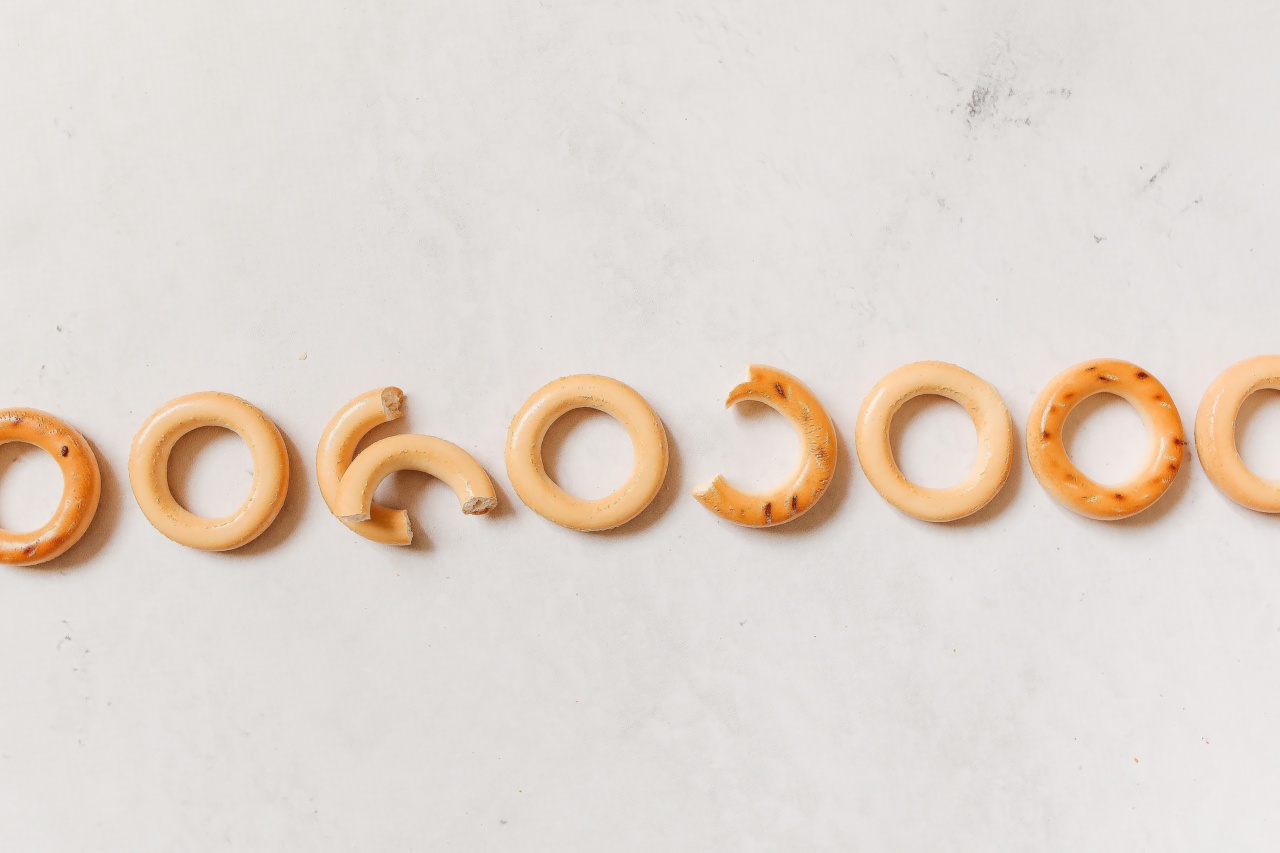Many of us have a sweet tooth and enjoy a delicious dessert after a meal. However, those who are trying to manage their sugar intake may feel like they need to ditch desserts altogether.
The reality is that desserts can play a valuable role in managing sugar intake, and it’s important to understand why.
Understanding Sugar Intake
Sugar is a type of carbohydrate that occurs naturally in many foods, like fruits and vegetables. However, it’s also added to plenty of foods during the manufacturing process.
When sugar is digested, it turns into glucose, which can be used as energy by the body. However, eating too much sugar can lead to a variety of health problems, including weight gain, tooth decay, and an increased risk of type 2 diabetes.
Many people are surprised to learn just how much added sugar is in their diet. According to the American Heart Association, men should consume no more than 36 grams of added sugar per day, while women should have no more than 25 grams.
However, the average American consumes around 77 grams of sugar daily, and much of that comes from sugar-sweetened beverages and processed foods.
The Role of Desserts in Managing Sugar Intake
Given the high amount of sugar many of us consume, it’s natural to assume that we should cut out desserts entirely. After all, most desserts are loaded with sugar, right?.
While it’s true that many desserts are high in sugar, it’s important to remember that not all desserts are created equal. There are many healthier dessert options that can satisfy a sweet tooth without completely derailing a diet.
Additionally, allowing yourself the occasional indulgence in a sweet treat can actually help you stay on track with a healthy eating plan.
Healthy Dessert Options
When it comes to healthy dessert options, there are plenty of choices to consider. For example, fruit is a great way to satisfy a sweet tooth while also providing important vitamins and minerals.
A bowl of fresh berries topped with a dollop of whipped cream or yogurt can be a satisfying dessert option that won’t lead to a sugar crash.
Another option is to experiment with baking healthier versions of classic desserts. For example, swapping in unsweetened applesauce for some of the sugar in a recipe can significantly reduce the sugar content while still yielding a delicious result.
Similarly, using almond flour instead of wheat flour can make a dessert gluten-free and also increase its protein content.
The Benefits of Occasional Indulgences
While it may seem counterintuitive, allowing yourself occasional indulgences can actually help you stick to a healthy eating plan.
When you completely deny yourself the foods you love, it’s easy to feel deprived and ultimately give up on a diet altogether.
However, incorporating occasional indulgences into a healthy eating plan can help curb cravings and prevent binges.
For example, if you know you’ll be attending a party where there will be plenty of sweet treats, plan ahead by eating a healthy meal beforehand and allowing yourself a small sample of the desserts. That way, you can satisfy your sweet tooth without completely derailing your diet.
Conclusion
Desserts don’t have to be the enemy when it comes to managing sugar intake.
While it’s important to be mindful of how much added sugar you’re consuming on a daily basis, it’s also important to remember that sweets can have a place in a healthy diet. By choosing healthier dessert options and incorporating occasional indulgences, you can manage your sugar intake while still enjoying delicious treats.



























